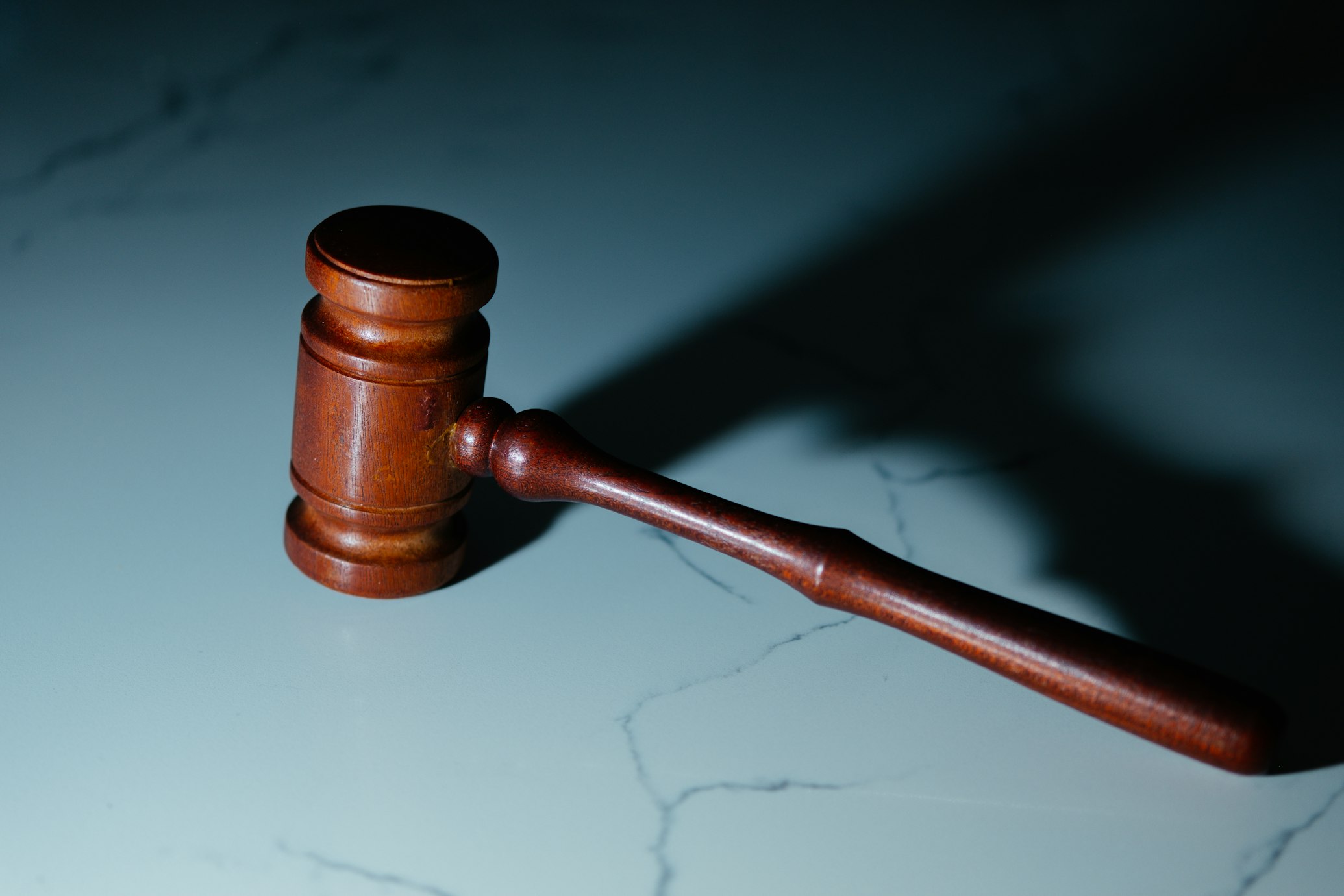How to Prepare for Your Consultation with a Personal Injury Lawyer
Consulting with a personal injury lawyer is a crucial step in seeking justice and compensation following an accident or injury. This initial meeting can determine the course of your case; therefore, thorough preparation is essential. Understanding how to effectively prepare for this consultation can enhance your experience and improve your chances of a favorable outcome.
Understanding the Purpose of the Consultation
The primary aim of the consultation with a personal injury lawyer is to evaluate your case and understand the potential legal avenues available to you. During this meeting, the lawyer will assess the specifics of your situation, including the nature and extent of your injuries, the circumstances surrounding the incident, and any evidence available. It is essential to arrive at the Macon auto accident attorney understanding of your expectations and objectives, as this will facilitate a productive dialogue.
Researching Potential Lawyers
Before the consultation, it is advisable to research potential personal injury lawyers to identify the most suitable candidate for your needs. Look for lawyers with a strong track record in personal injury cases, particularly those related to your specific situation, whether it involves vehicular accidents, workplace injuries, or medical malpractice. Online reviews, testimonials, and referrals from trusted sources can provide valuable insights into a lawyer’s competence and reputation. Ensure that the lawyer you choose has a transparent approach to communication and case management, which will be crucial throughout the legal process.
Gathering Relevant Documentation
One of the most critical aspects of preparing for your consultation is gathering all relevant documentation related to your case. This includes medical records, police reports, photographs of the accident scene, witness statements, and any documentation related to insurance claims. Having these documents organized will not only provide the lawyer with a comprehensive understanding of your case but will also demonstrate your preparedness and commitment to pursuing justice. It is advisable to create a folder or binder specifically for this purpose, ensuring that all information is easily accessible during the consultation.
Preparing a Detailed Account of the Incident
In addition to collecting documentation, it is essential to prepare a detailed account of the incident that led to your injury. This narrative should include information on how the accident occurred, the names of any parties involved, and the impact the injury has had on your life. Consider writing down key points or creating a timeline to help articulate your story clearly during the consultation. This account will serve as a foundation for the lawyer to assess your case and provide informed legal advice.
Understanding Your Questions and Concerns
Prior to the consultation, take the time to identify any questions or concerns you may have regarding the legal process, potential outcomes, and the role of the attorney. Common questions include inquiries about the lawyer’s experience, fees, and the expected duration of the legal proceedings. Articulating these questions will enable you to gain clarity and ensure that all your concerns are addressed during the meeting. Additionally, understanding the fee structure, including contingency fees and any upfront costs, will allow you to make informed decisions going forward.
Establishing Your Goals
Clearly defining your goals for the consultation is vital to ensuring that the meeting is productive and focused. Consider what you hope to achieve through legal action, whether it is seeking compensation for medical expenses, lost wages, pain and suffering, or a combination of these factors. Communicating your objectives to the lawyer will guide the conversation and allow for a more tailored assessment of your case. This will also aid the lawyer in formulating a legal strategy that aligns with your personal goals.
Being Open and Honest
During the consultation, it is imperative to be open and honest with the lawyer regarding all aspects of your case. This includes discussing any prior injuries or legal issues that may impact your case. Full transparency allows the lawyer to provide accurate legal advice and highlights any potential challenges that may arise. Establishing a trusting relationship with your attorney from the outset lays the foundation for effective collaboration throughout the legal process.
Conclusion
Preparing for a consultation with a personal injury lawyer involves several critical steps that can significantly impact the outcome of your case. By understanding the purpose of the meeting, researching potential attorneys, organizing relevant documentation, and articulating your goals and concerns, you can ensure a productive and informative consultation. This preparatory work not only enhances your understanding of the legal process but also empowers you to engage meaningfully with your lawyer, ultimately facilitating a more effective pursuit of justice.










